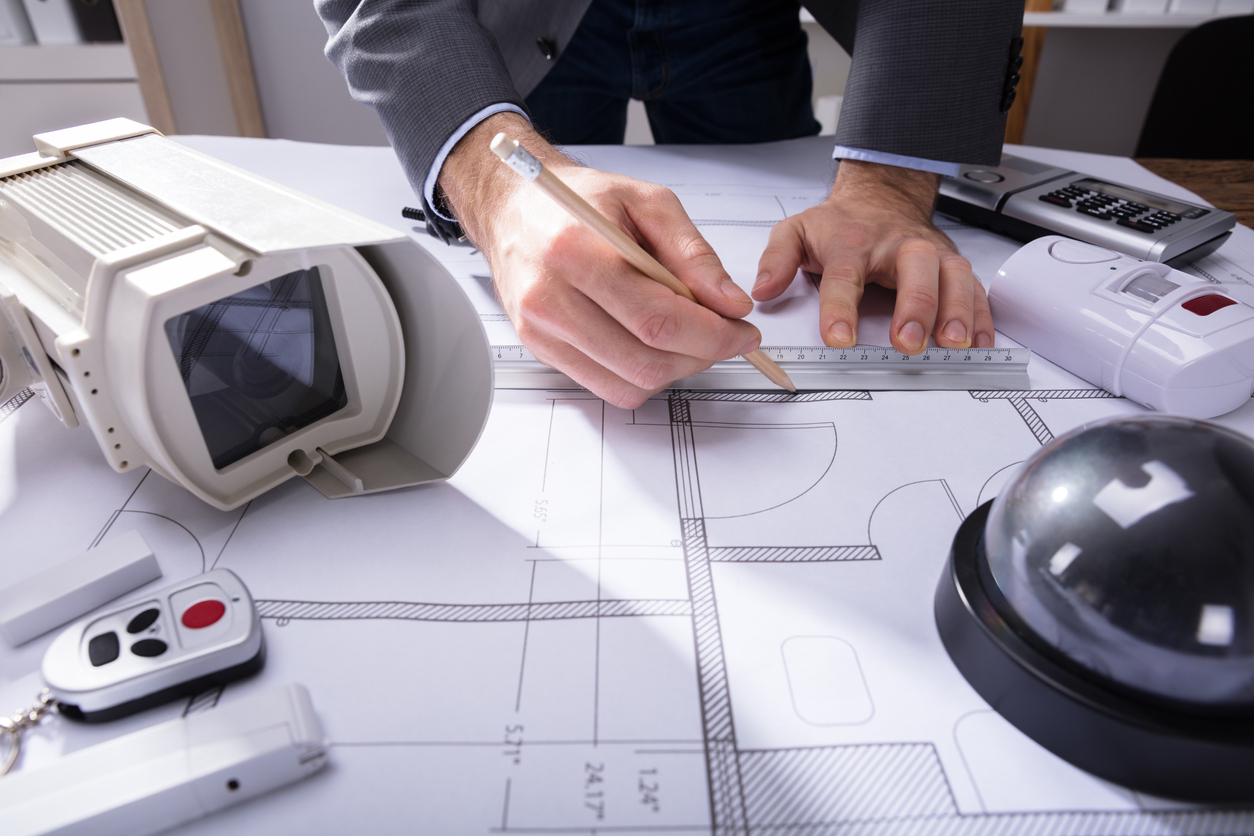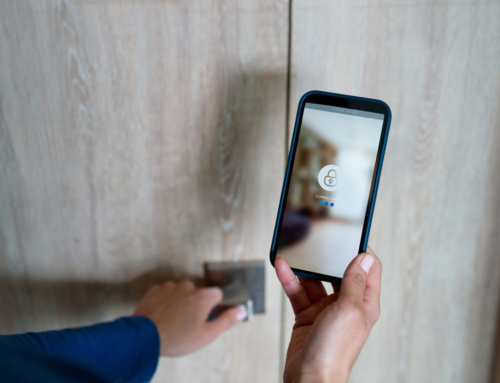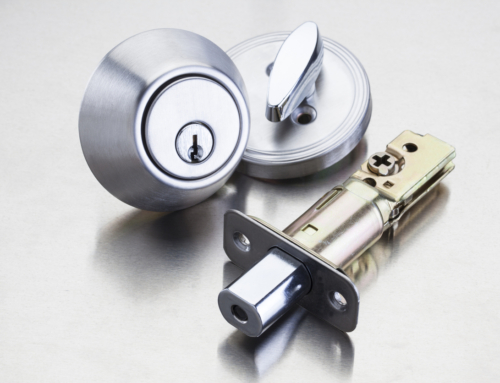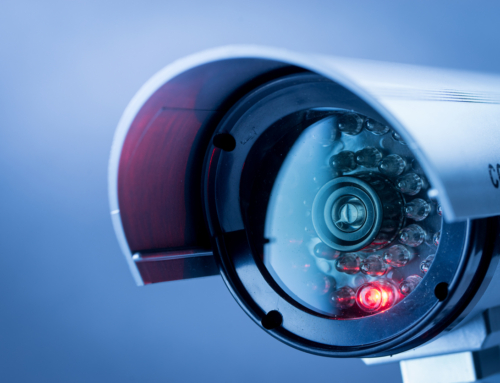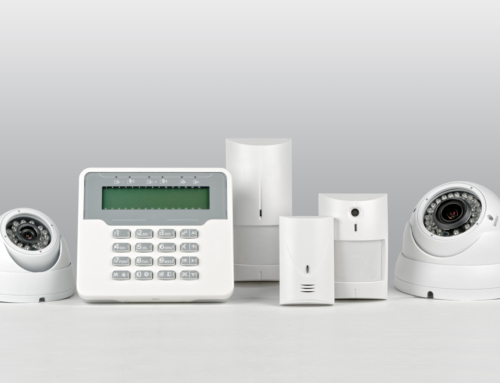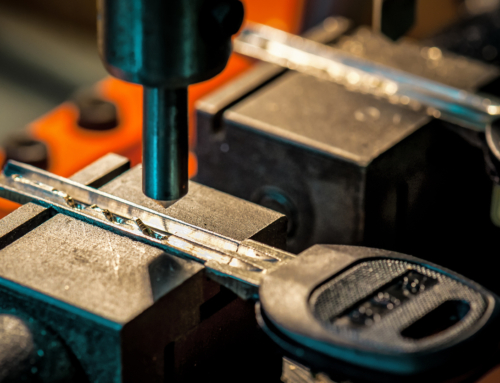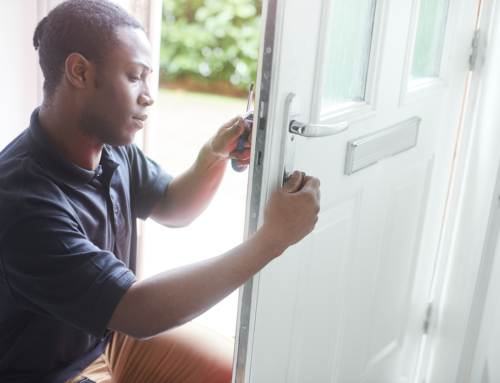Physical Security: Best Practices
Whether it’s your business or personal property, you always want your belongings to be safe and secure. Human error, false alarms, improper installation, and outdated equipment cause significant headaches for those needing physical security the most. When protecting your livelihood, never settle for anything less than the best in physical security.
What is Physical Security?
Physical security is defined as security measures explicitly designed to deny unauthorized access to facilities, equipment, goods, and resources while protecting personnel and property from any damage or harm. In short, physical security keeps unwanted people out and allows access to the wanted/authorized individuals.
There are several aspects to security, and each is critical to the success of your business. Network and cybersecurity are essential, but preventing lapses in physical security and nullifying threats are crucial to keeping your business and personal technology and data safe, as well as any staff, faculty, or family that have access to the property. An absence of security leaves your home, office, or other facilities vulnerable to criminal activity and liable for security threats such as theft, vandalism, and fraud.
Best Practices
Security practices recommended for implementation depend on your property’s specifics and the nature of your business. Working examples of security strategies and countermeasures in physical security have several best practices in common. When creating a solid physical security strategy, most physical security plans share these core elements:
Protective Barriers – Protective barriers are great for preventing forced entries by people or vehicles. In some situations, these barriers should be complemented by gates, guards, and other security checkpoints.
Locks – The simplest of security measures, locks provide an additional layer of protection against unauthorized access. They may be connected to a more comprehensive security monitoring system that is easy to acquire, link, and operate.
Alarms – Alarms can be placed at each locked point of access and be triggered by several actions, including doors being held open for too long, access cards being swiped too many times, and badges being used to enter spaces multiple times before being used to swipe out.
Cloud-Based Access Control Systems – Cloud-based access control systems help your business limit access to certain areas based on the credentials of those wishing to gain access. These systems can be programmed or integrated with a calendar, so certain doors remain unlocked during different times of the day. Additionally, you can customize access based on other variables. For example, you can keep employees out of your business before and after regular working hours.
Physical Security Technology
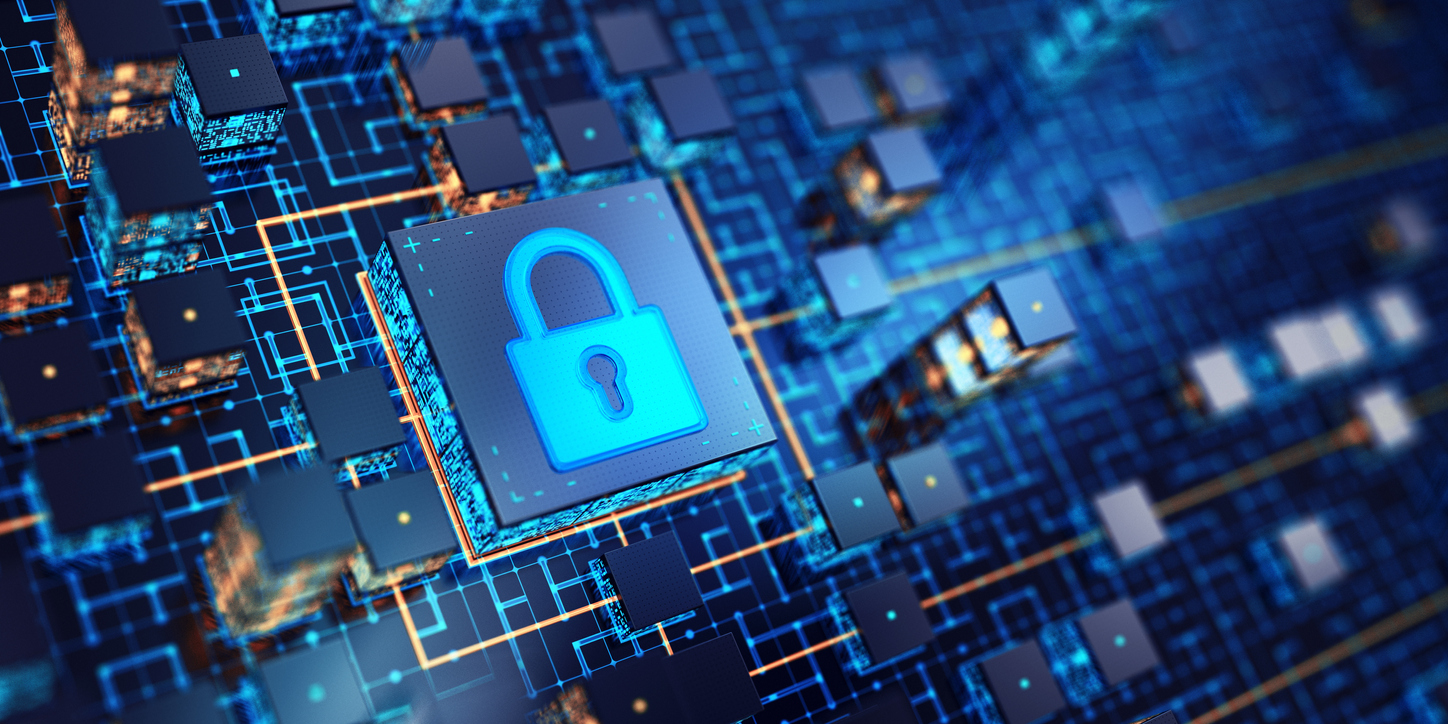 New technological advancements are coming out each day, and that is especially so for the security industry. There are several types of physical security, from master key systems or other access control systems to surveillance and deterrent systems. Without these practical technological advancements, your business could be open to theft, destruction, and other issues that can be detrimental to your success. Additionally, a lack of necessary technology could leave your business legally liable for safety negligence.
New technological advancements are coming out each day, and that is especially so for the security industry. There are several types of physical security, from master key systems or other access control systems to surveillance and deterrent systems. Without these practical technological advancements, your business could be open to theft, destruction, and other issues that can be detrimental to your success. Additionally, a lack of necessary technology could leave your business legally liable for safety negligence.
Access control, surveillance, and security testing methods are the three most significant technology components of your physical security controls for offices, buildings, and other property. While the other layers of physical security control procedures are vital, these three countermeasures are the most impactful regarding intrusion detection, deterrence, and threat mitigation.
Access Control – Certain security systems are designed to impede intruders as they attempt to gain unauthorized entrance into a facility or building. Access control, such as requiring a key card or mobile credential, is one method. This intelligent security countermeasure has multiple ways to delay intruders, making it easier to mitigate a breach before too much damage occurs.
Surveillance tools – Having deterrents for your business or property doesn’t guarantee complete protection. Surveillance tools and other detection components of your physical security system help identify possible security threats. Sensors, alarms, and automatic notifications are just a few examples of physical security surveillance tools.
Deterrent Systems – Deterrent systems are the physical security measures that keep unwanted people out or away from your business or property. They can be as simple as physical barriers such as walls, doors, or turnstiles. They can also be specific pieces of technology such as motion sensors, lights, or alarms. Access control systems and video security cameras are also deterrent systems that prevent unauthorized individuals from gaining access to somewhere you don’t want them to be.
Technology’s Impact on Physical Security
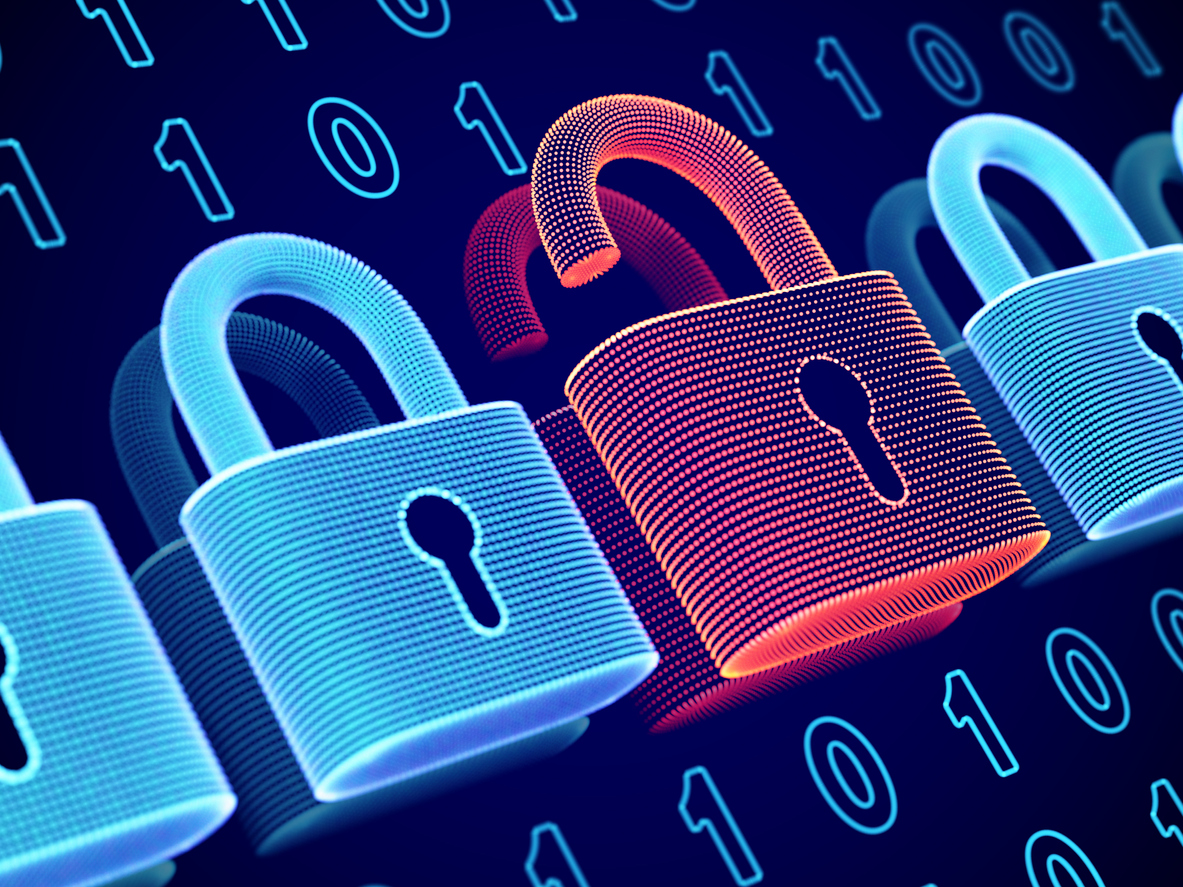
Cloud-based security technology has become the preferred option for workplace technology – quickly overcoming the long-favored, traditional on-premise systems. The main difference with cloud-based technology is that your systems aren’t hosted on a local server. Instead, it’s managed by a third party and can be accessed remotely, providing:
- Increased flexibility
- Support for remote access and monitoring
- Increased convenience for security personnel
- Enhanced response times in the event of a security threat
- Greater scalability
- Improved ROI and futureproofing
Beyond the obvious benefit of security measures to protect your buildings or property, the technology and hardware you choose may include added features that can enhance workplace security. With cloud-based physical security, you’ll have added flexibility to manage your security system remotely and the ability to connect with other building security and management systems.
How A&B Security Can Help
A&B Security Group has offered high-quality security services to the Las Vegas business community since 1987. Not only do we know how to customize your security system to meet your business’s unique needs, but we have the history to know what kinds of security systems are most effective in Las Vegas. Contact us today to see how our physical security systems can protect your business or property.


